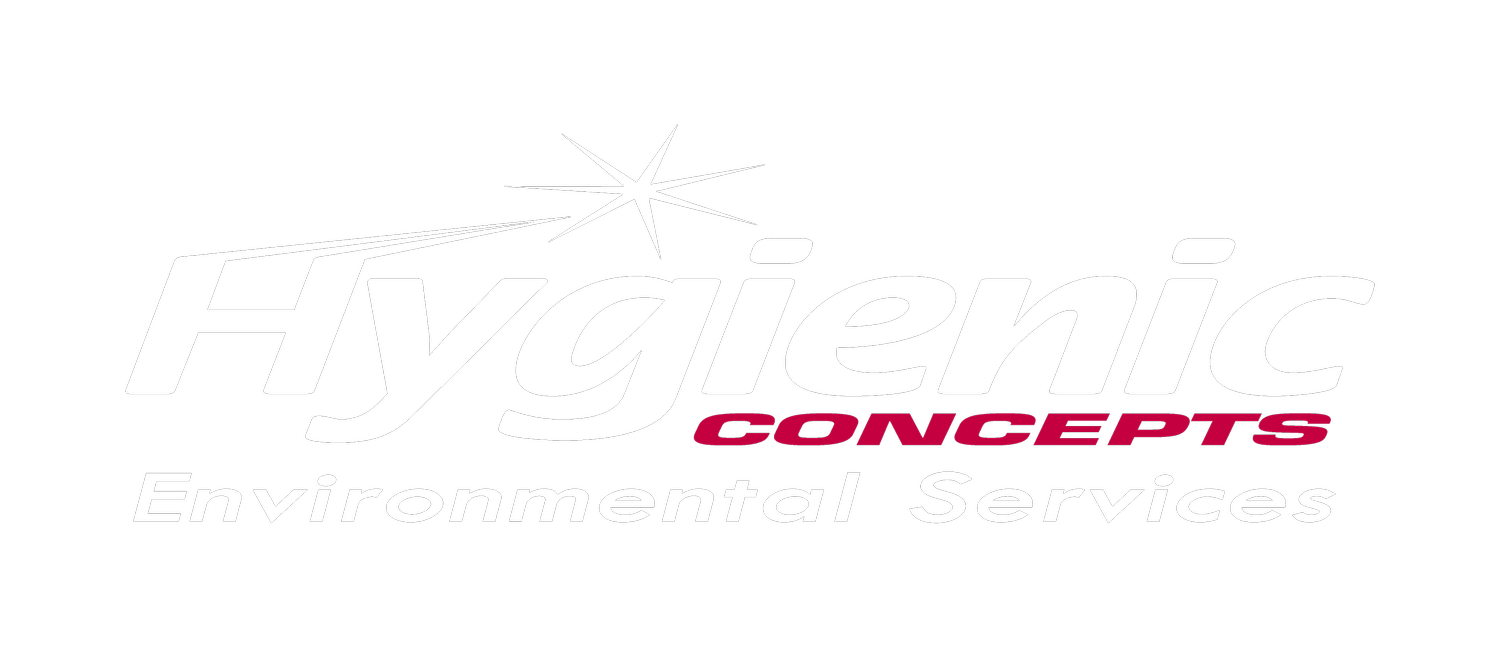Responsible Sanitary Waste Management for Businesses: A Necessity for Hygiene, compliance and Sustainability
In today's business landscape, the emphasis on sustainability, compliance, hygiene and employee well-being has never been greater. One often overlooked yet vital aspect of maintaining a clean and responsible environment is the proper management of sanitary waste.
What is sanitary waste?
Sanitary waste refers to waste materials generated from personal hygiene activities, primarily related to bodily functions such as urination and menstrual hygiene. This type of waste includes items like used sanitary towels, tampons, diapers, incontinence pads, and similar products used to manage bodily fluids and maintain hygiene. Sanitary waste is classified as ‘offensive waste’ which is non-clinical waste that’s non-infectious and does not contain pharmaceutical or chemical substances, but may be unpleasant to anyone who comes into contact with it
Do businesses need sanitary bins?
Irrespective of their scale, all businesses must adhere to appropriate regulations to ensure the ongoing well-being of their employees, visitors, and customers. As such, it is imperative that every business or workplace, including public establishments, ensures adequate provisions for the disposal of sanitary waste.
Strategically placing sanitary bins in easily accessible locations, particularly in gender-neutral, inclusive, and female restrooms, ensures their easy identification by those in need.
It's essential to note that flushing sanitary waste can lead to detrimental effects on sewers and drains. Not only can this have significant repercussions on the environment, such as water system and beach pollution, but it can also contribute to the formation of plastic conglomerates in the ocean. Hence, the proper disposal of sanitary waste is of paramount importance.
The absence of appropriate sanitary bins compels individuals to resort to flushing their sanitary products, potentially leading to costly repairs and environmental harm.
What is the law?
The management of sanitary waste is guided by the following legal provisions:
As outlined in this legislation, offensive waste pertains to waste containing bodily fluids, secretions, or excretions. It's noteworthy that offensive waste is distinct from clinical waste. According to these regulations, it is necessary to handle offensive waste with care to prevent any potential harm. However, unlike clinical or hazardous materials, offensive waste does not require the same treatment processes.
Environmental responsibility
Sanitary waste, often overlooked in discussions about environmental issues, carries a significant impact on our planet. Here are a fews facts;
An astonishing 3 billion single-use menstrual products are used annually within the United Kingdom. Around 200,000 tonnes of this waste is believed to go to landfill. Due to the plastic content within these products, it is estimated that each product can take up to 500 years to decompose! This would mean that the first disposable sanitary product used still hasn’t decomposed!
Roughly 1.5 to 2 billion menstrual products are believed to be flushed down toilets annually. Each year, the UK experiences about 370,000 sewer blockages, with as much as 80% of these blockages attributed to non-flushable items, including fats, oils, grease, wipes, and sanitary waste.
At Hygienic Concepts we believe in sustainable solutions and the importance of sourcing alternative methods to landfill for our waste. The sanitary waste we collect from our customers sites is sent to our partners for Alternative treatment (AT). (AT) is the heating of waste to disinfect it, as an alternative to incineration or landfill. The resulting shredded and disinfected waste is compacted, baled and used as an alternative fuel source/solid recovered fuel (SRF). SRF fuel is used an an alternative to coal or Petcoke within cement kilns.
Hygienic Concepts, the washroom service partner you need!
We understand the importance of maintaining a high standard of hygiene in your premises. That's why our fully trained and uniformed engineers perform regular scheduled visits to service your feminine hygiene sanitary bins. We make sure that your washrooms and sanitary bins are in perfect working order and are cleaned to maintain optimal hygiene levels. Our discreet waste collection services guarantee your peace of mind. As hygiene experts, we offer a comprehensive range of hygiene services and products suitable for all industries. Our vending products include a diverse range of sanitary products to meet your specific needs. Whether it's hand hygiene or air care, we have the perfect solution for you. We pride ourselves on our commitment to providing high-quality products and services that exceed your expectations.
Find out more using the link below or feel free to contact us!
🌐 https://www.hygienicconcepts.co.uk/sanitary-disposal-units
✉️ info@hygienicconcepts.co.uk
📞 01543 495030
#sanitarywaste #hygiene #hygienicconcepts #hcblog

